Attack On Titan's adaptation has been one of the industry's greatest accomplishments, but the reason won't be intuitive for most anime fans. It goes without saying that Attack On Titan's anime adaptation is beautiful: a sprawling adventure that was set in motion by two different anime studios, executed with the finesse that basically put Wit Studio, the team behind its first three seasons, on the map. It was a game-changer, bringing countless new fans into the anime world thanks to the flawless execution of Attack On Titan's singular blend of horror, action, and coming-of-age story.
A long-standing debate in the anime community concerns faithful adaptation: is the role of anime to merely present the source material "accurately", or is it to be treated as a new interpretation altogether? In general, there's a perception that the person behind the source material wrote with a specific intention, and at the very least, undermining that intention is unfair and misguided. Attack On Titan itself has huge changes between the manga and anime. In one interview, Isayama describes a different perspective on manga and adaptation, and it's as fascinating as it is thought-provoking..
Isayama Explained Why Adaptations Don't Need To Be Faithful
Attack On Titan's Changes Made It Better, Simple As That
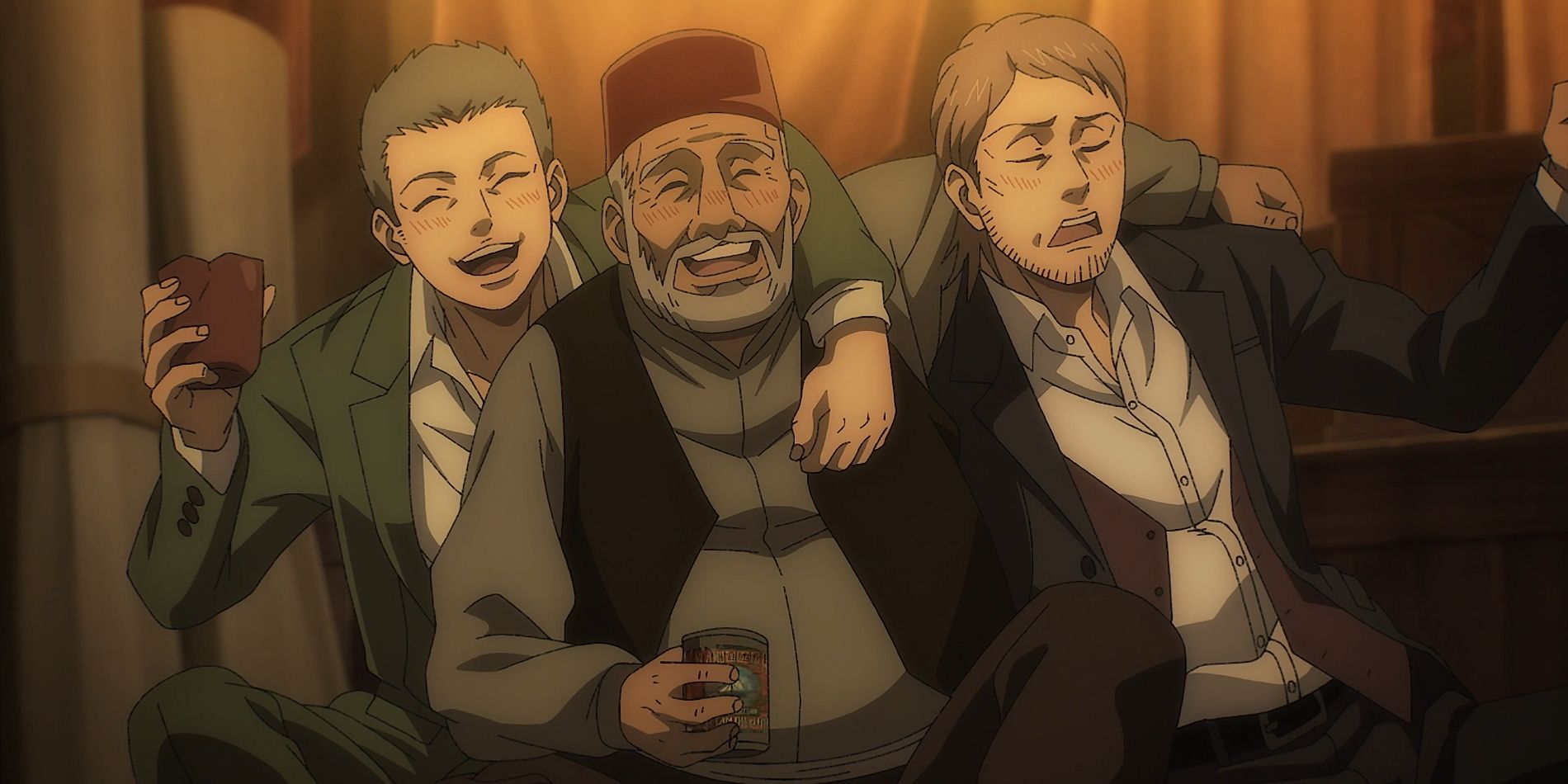
The Attack On Titan manga is a wonderful work; that goes without saying. However, a mangaka will always be limited by their medium, as well as by the unfortunate reality that their artistic taste changes throughout any creative endeavor. There are plenty of reasons a mangaka might not get to write something that lives up to their standards and ideals. Even then, they might decide later that they don't like an approach they took at an earlier point in the work.
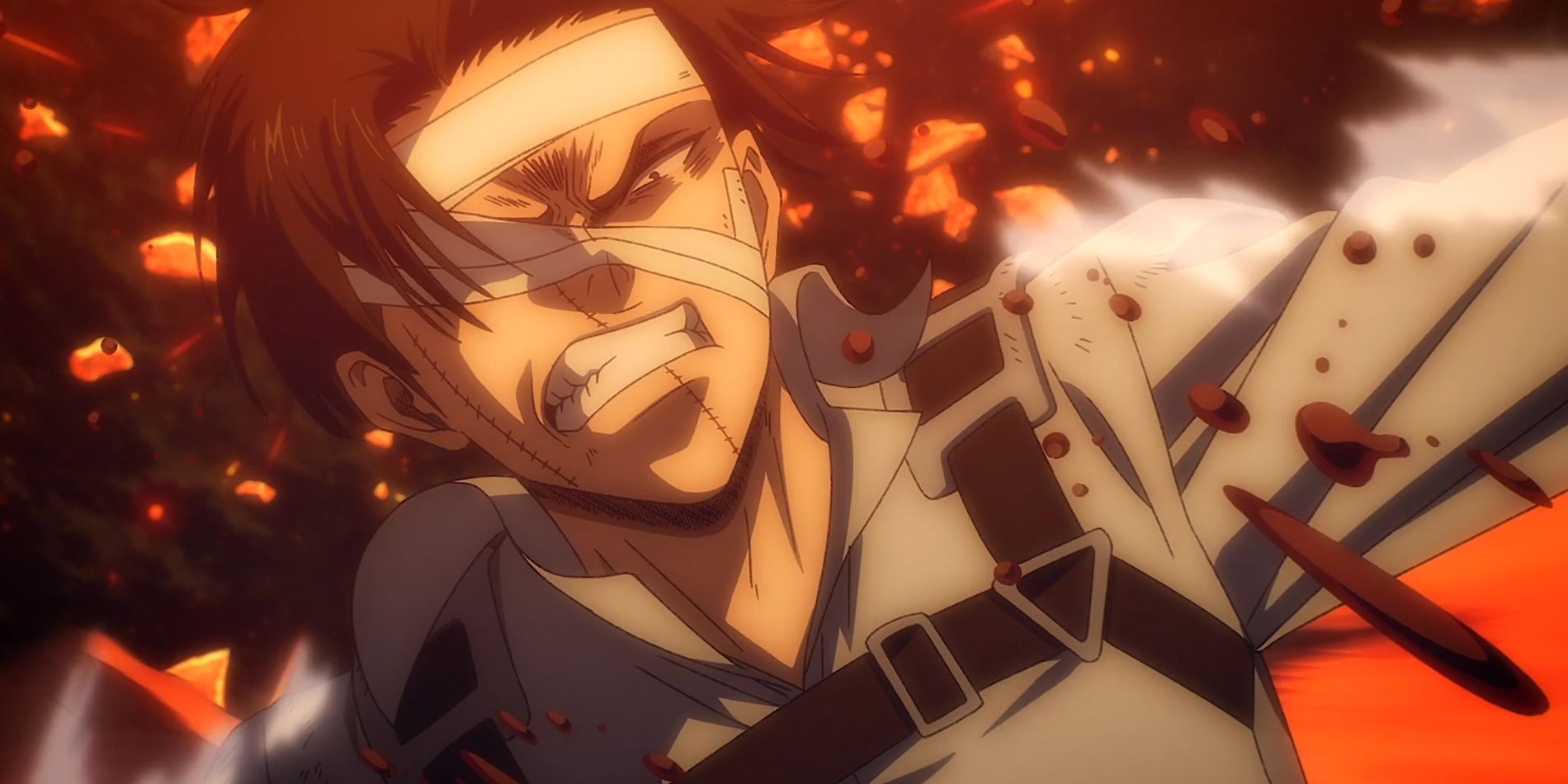
Related
Attack on Titan Has the Best Depiction of War I've Ever Seen, and That's Why I Love It
Some viewers dislike Attack on Titan's soberingly realistic portrayal of war and violence, but this element is why I appreciate the series so much.
In Isayama's case, he divulges the relationship between Attack On Titan's manga and anime while discussing his then-favorite character, Jean Kirshner. The interview from Gekkan Shingeki No Kyojin vol. 4 (translated by @yusenki on Tumblr) lays out how Attack On Titan wasn't originally intended to be a long-running series, and that shaped its storytelling. Early into its run, Isayama made the decision to prioritize broader narratives over individual personalities within the series. About the anime, he would say:
It is actually a fortunate event that the series was made into an anime. I was really happy because I had the chance to amend any parts I held regrets for. Additionally, the anime quality was excellent - if the full score is 100, I would say that the animated version’s score is 120. I also think it is alright to consider the anime version as the exact adaptation of the manga.
The quote is contextualized by a broader discussion centering around Jean, Armin, and relatability. For Isayama, the various forces shaping Attack On Titan (including his own desire for a shorter story) led to his favorite character being underdeveloped in his own opinion. Isayama saw Attack On Titan's anime as an opportunity to round out those parts of the story that, by necessity, had been purposely flattened.
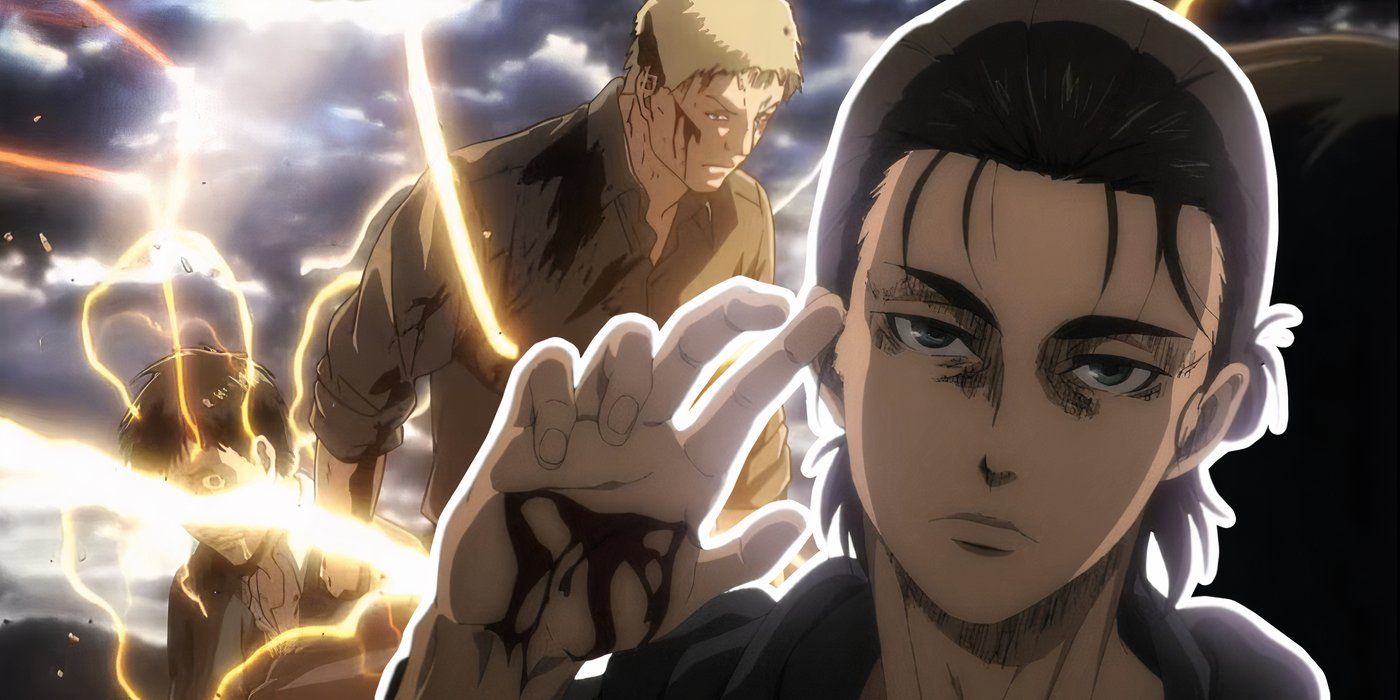
Related
Attack On Titan's Controversial Time Skip Is Secretly Genius for One Reason I Can't Stop Thinking About
Attack on Titan's non-linear storytelling did not just make the story more interesting, it subtly made some brilliant statements on human conflict.
Manga and anime are two very different kinds of media, and both present stories in fundamentally different ways. Naruto's filler shows how the format shift brings opportunities to give form to otherwise flat worlds. Isayama's commentary is interesting not just because he sees, appreciates, and depends on this potential—but because, as a mangaka, he relates to anime in a way that undermines many of the discussions surrounding adaptations and "faithfulness". What Isayama tries to say is that, no matter how much fans want the source material honored, the best way to honor source material is often to change it.
Isayama's Outlook Improved Attack On Titan's Ending
The Epic Manga's Finale Was Improved By Creative Adaptation
For anime fans, it's generally accepted that while a good adaptation can fill out a story, the source narrative should be untouched. Such fans believe that features like music, animation, and voice acting should only enhance the source narrative without overturning it. On the other hand, many fans also believe that anime offers an opportunity to "rewrite" unpopular plot points and to "correct" the storyline. In a strange way, this is only a reverse of the former stance, since it still treats the author's word as a sacrosanct canon.
A fantastic example of the latter is Attack On Titan's controversial ending. Long-time fans will vividly remember the community response to the final chapters of the series. While many would appreciate Isayama's chosen conclusion to Eren's saga, still others hoped that the anime adaptation would "fix" it, revising it to be more satisfying to their particular taste.
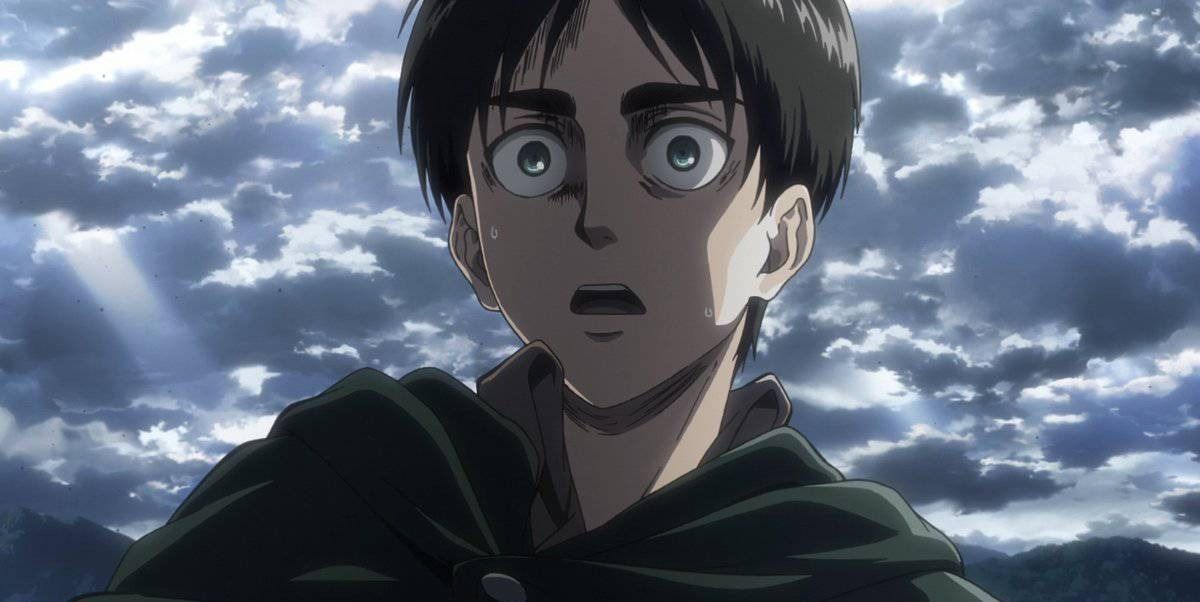
Related
Attack On Titan Became Legendary By Rejecting Shonen's Most Overused Trope
Shonen has always loved a chosen hero: someone who, by circumstance, has innate potential setting them apart — Attack On Titan refuses to play ball.
The actual changes Attack On Titan's anime made to the manga's ending are minor, all things considered. However, in their subtlety, they manage to bring out some of Attack on Titan's most important ideas. For example, the anime emphasizes that the Rumbling and the fate of the world was never predetermined, but rather an effect of Eren's own willpower and ability.
One is easily reminded of when Uzumaki's first episode received a perfect score on Rotten Tomatoes: without being a one-to-one adaptation, it effectively captured the feeling of Junji Ito's original for its own medium and constraints. Anime fans generally believe that faithful adaptations don't stray too far from the original or add in too much "non-canon" material. Isayama, on the other hand, anime embraces adaptation as a "second chance" for a story, and those little changes are what has made Attack On Titan's adaptation so legendary.
Source: @yusenki (Tumblr)
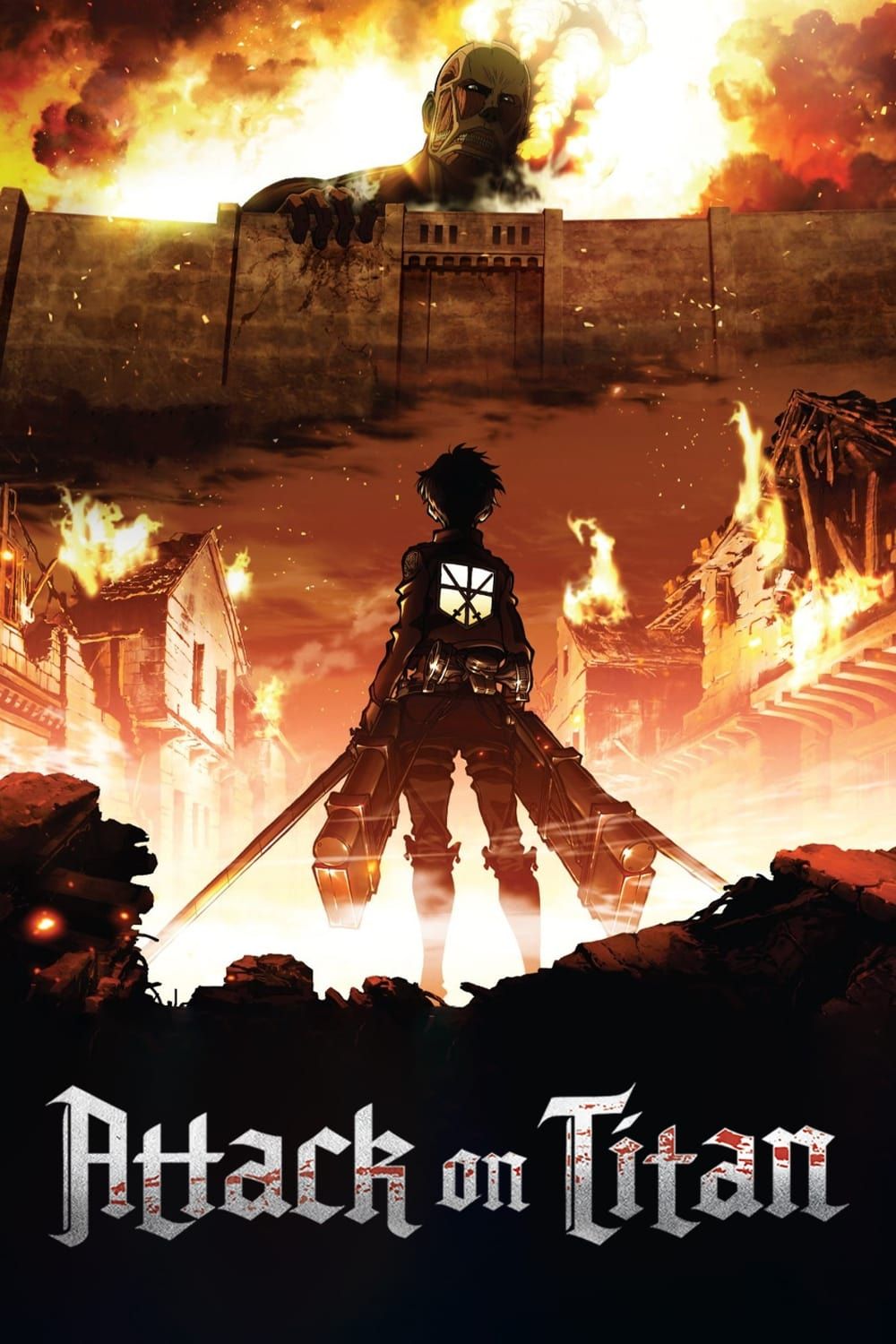
Attack on Titan
Attack on Titan is a globally successful manga and anime franchise created by Hajime Isayama. The story is set in a world where humanity lives inside walled cities, threatened by giant humanoid creatures called Titans. The series follows Eren Yeager and his friends as they fight to uncover the truth about the Titans and the world. First serialized in 2009, the franchise has expanded into anime series, films, video games, novels, and live-action adaptations.

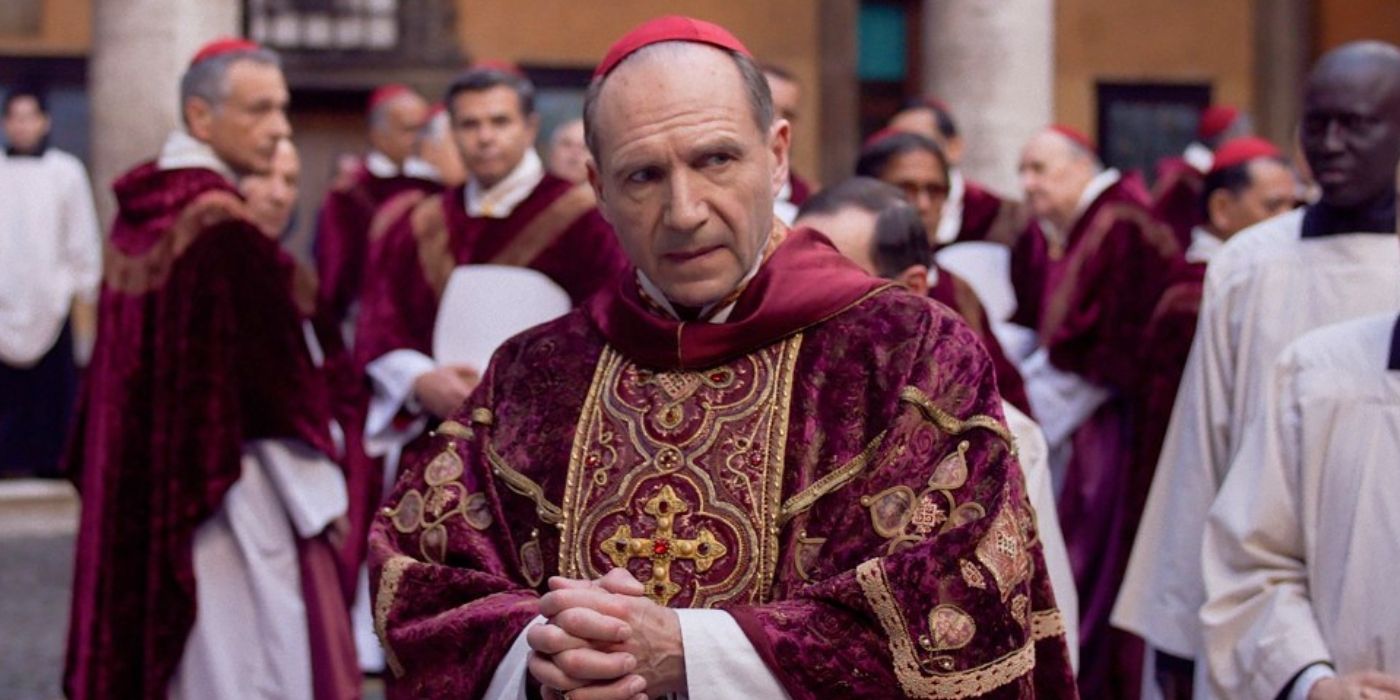


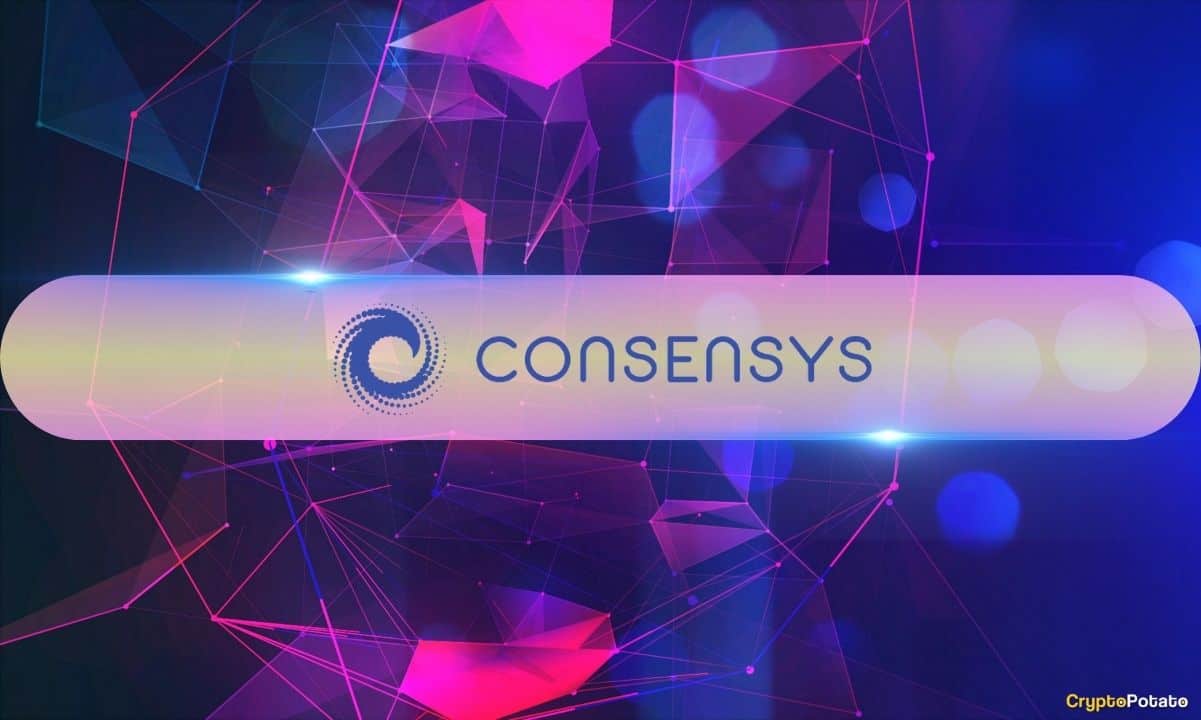

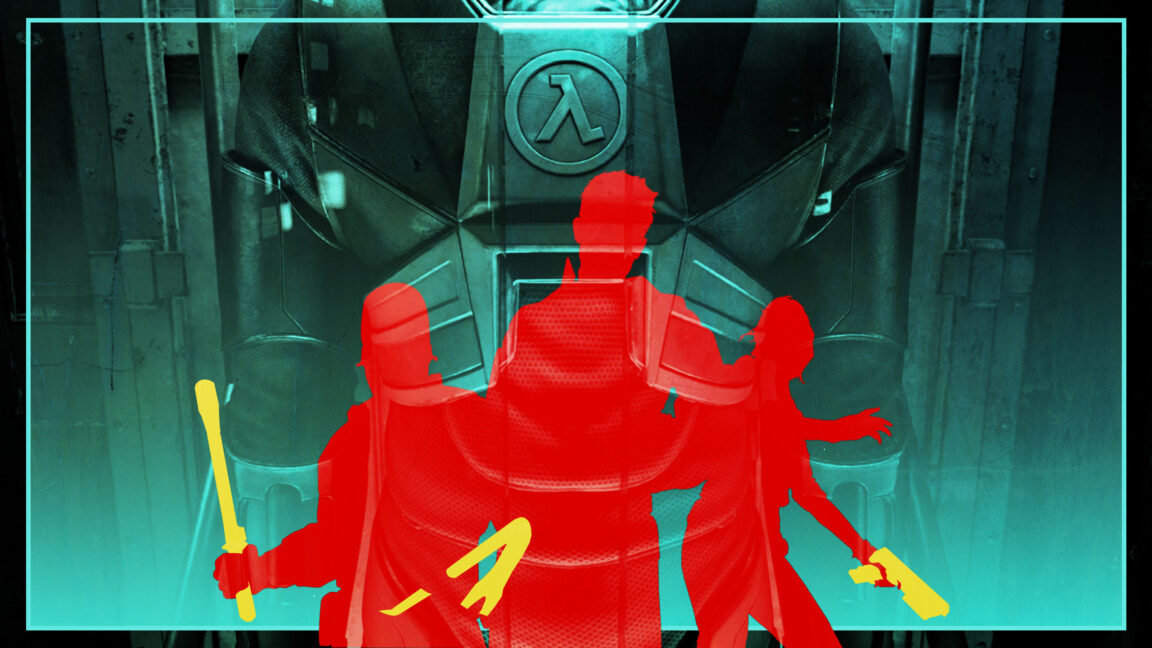
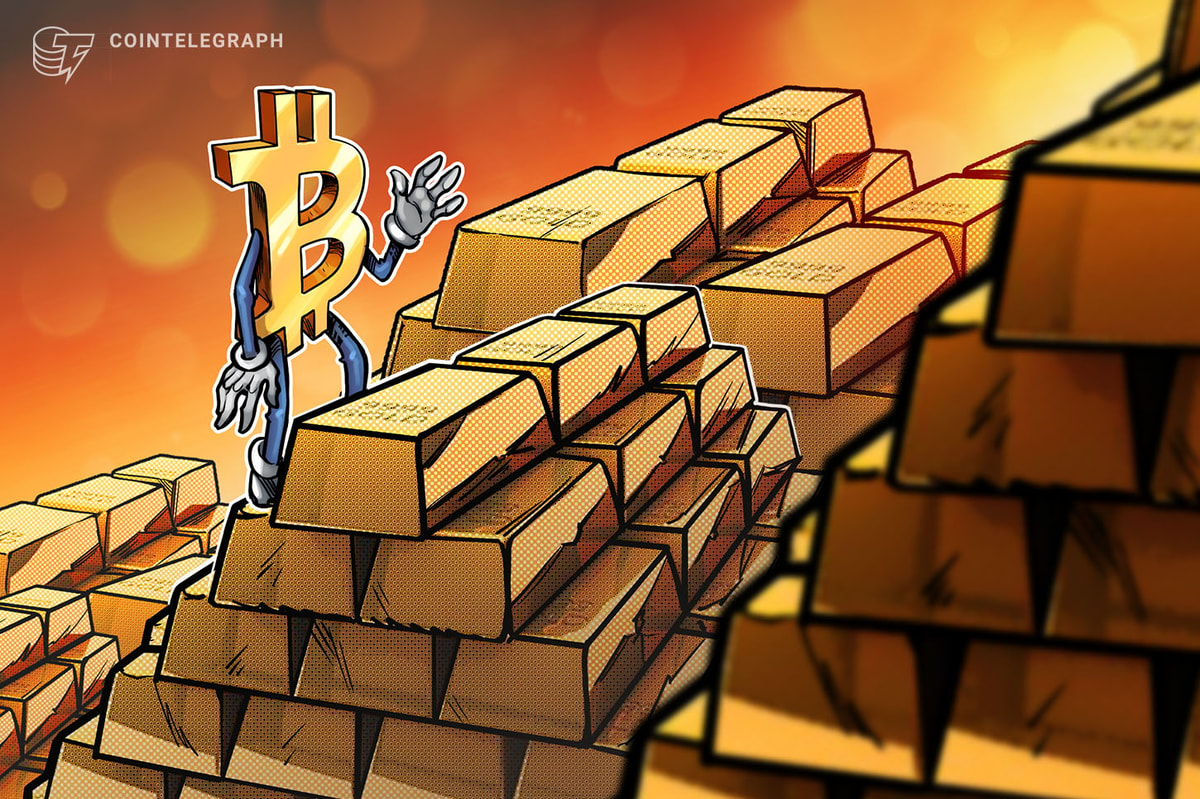
:quality(85):upscale()/2024/11/15/862/n/1922153/911b7d1c6737a4111b6008.57513343_.png)
 English (US) ·
English (US) ·